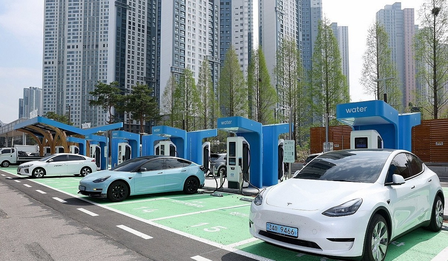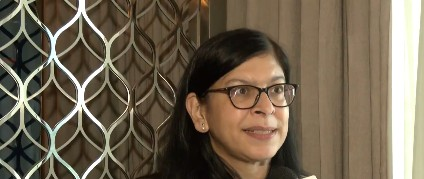
Seoul, Nov 28 (IANS) The government will spend 280 billion won ($191 million) over the next four years to develop next-generation battery technologies, such as all-solid-state, lithium metal and lithium sulfur batteries, which would help local companies boost their competitiveness amid intensifying global competition, the industry ministry said on Friday.
The investment plan, aimed at securing global leadership of the country’s secondary battery industry, was unveiled at the latest national advanced industry committee meeting, presided over by Prime Minister Kim Min-seok, reports Yonhap news agency.
The Ministry of Trade, Industry and Resources said the government devised such a plan in a bid to enhance the competitiveness of the secondary battery industry, which it said plays a significant role in achieving carbon neutrality and in the future mobility sector but is facing major challenges, such as the global electric vehicle (EV) chasm and China’s rise in the sector.
The government will first devise a 10-year road map on fostering the transition of the local industry based on technological advances, rather than price competitiveness, while improving the domestic industrial ecosystem with a focus on battery materials and maintaining the production base in Korea by boosting demand for EVs and energy storage systems.
It will also come up with support measures for companies’ efforts to commercialize next-generation battery materials and develop new standard-type batteries that deliver stronger performance than lithium iron phosphate (LFP) batteries.
In addition, the government will work to reduce Korea’s high dependence on China for key materials and critical minerals used to make secondary batteries while boosting battery demand.
To this end, the Seoul government will select foreign countries eligible for critical minerals cooperation and devise customized strategies by country. It will also funnel 100 billion won into a supply chain stabilization fund and expand low-interest loan programs to companies investing in critical minerals.
For fostering battery demand, the government will expand subsidies for EVs and cut individual consumption and acquisition tax.
It will also work to create fresh battery demands from the defense, robotics and shipping industries, and designate additional special industrial complexes for rechargeable battery makers, defence companies and robotics firms, according to the ministry.
–IANS
na/




